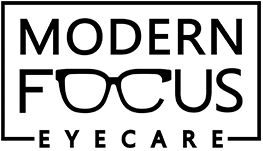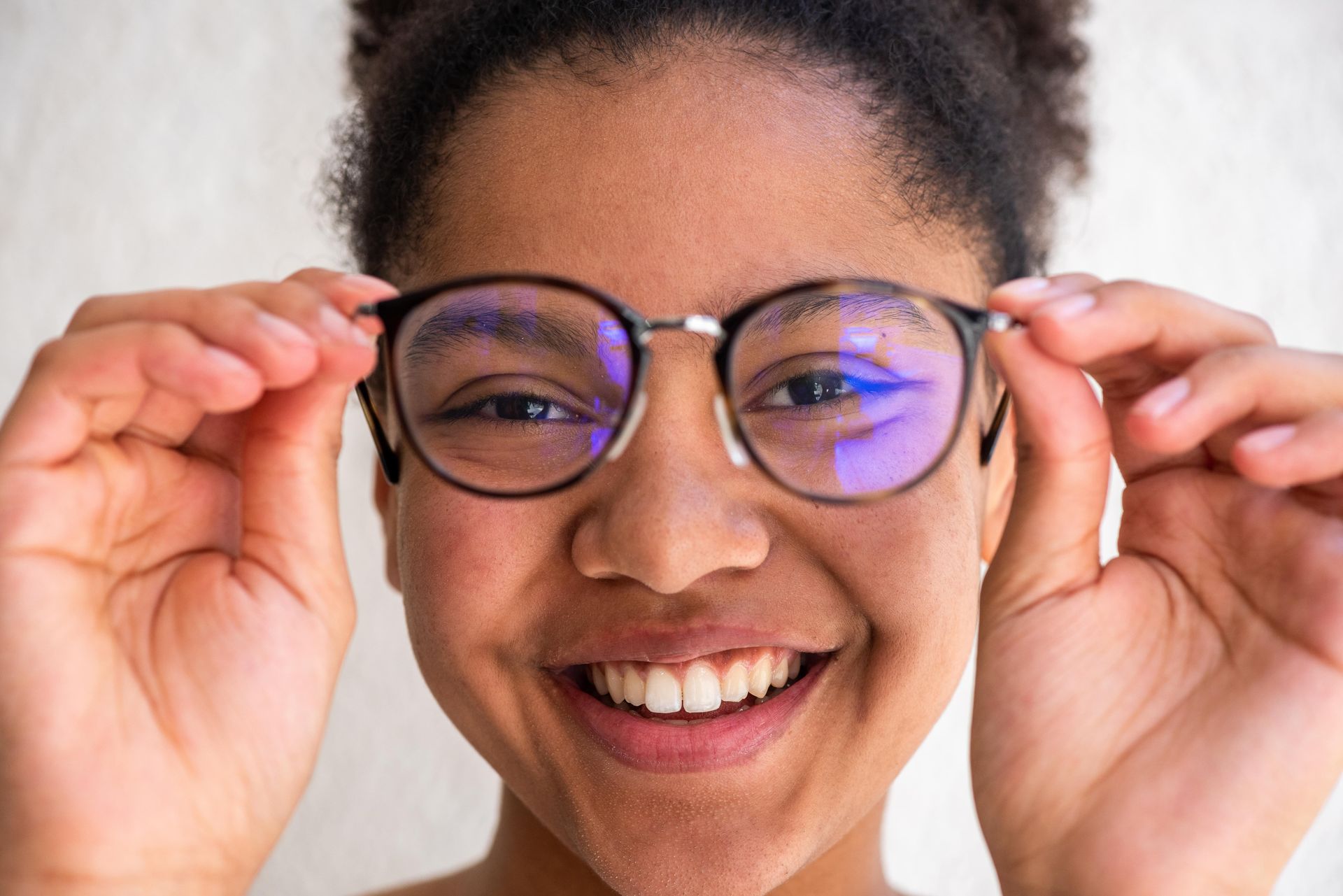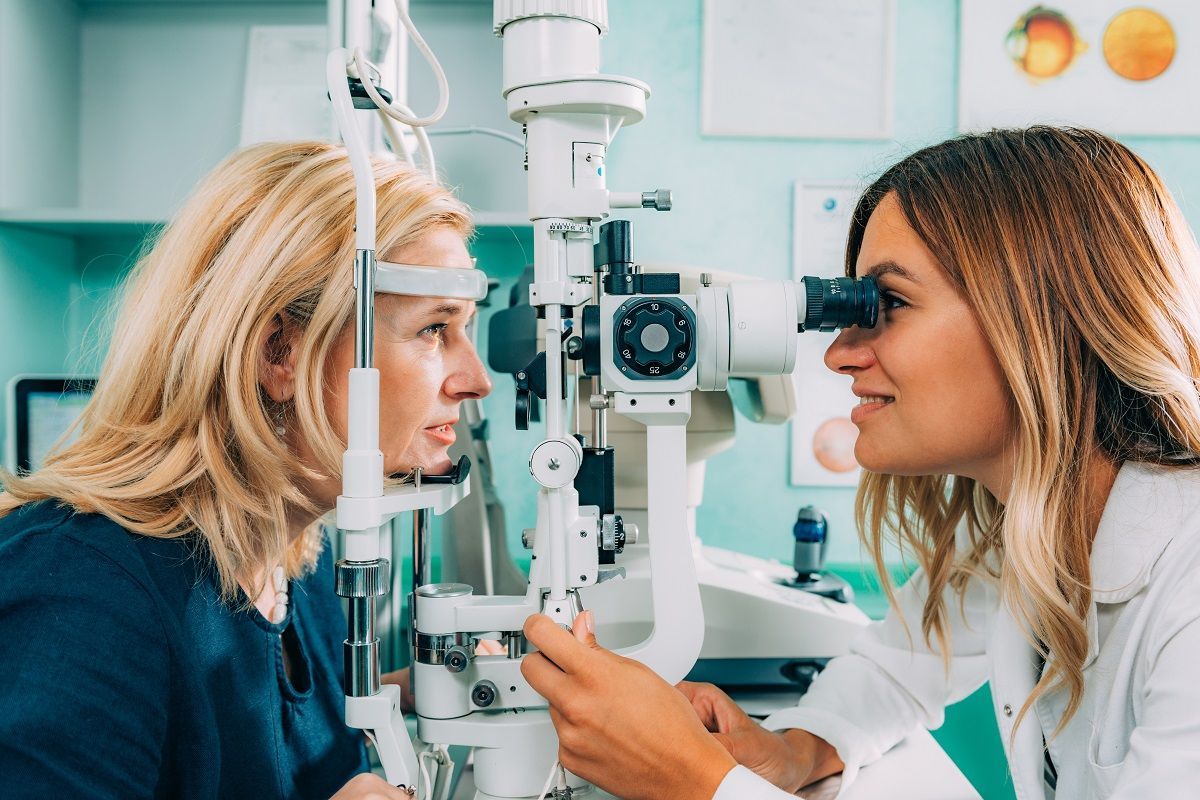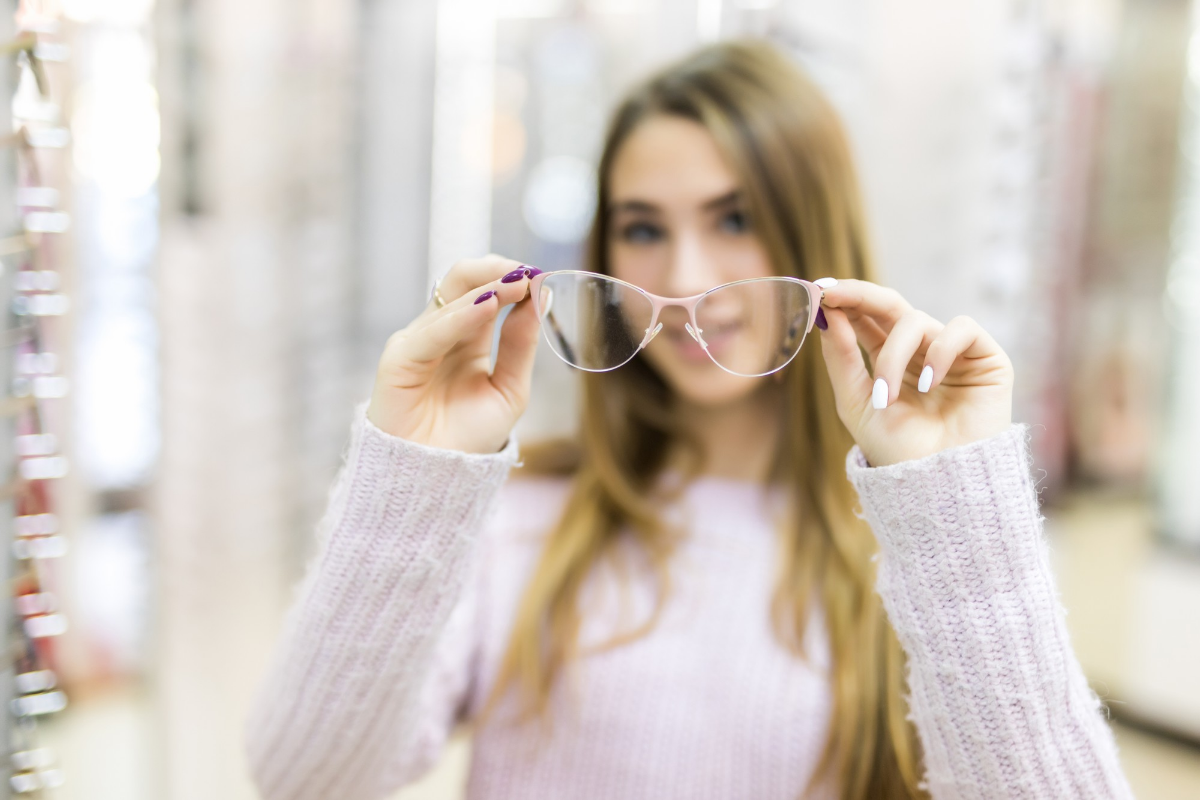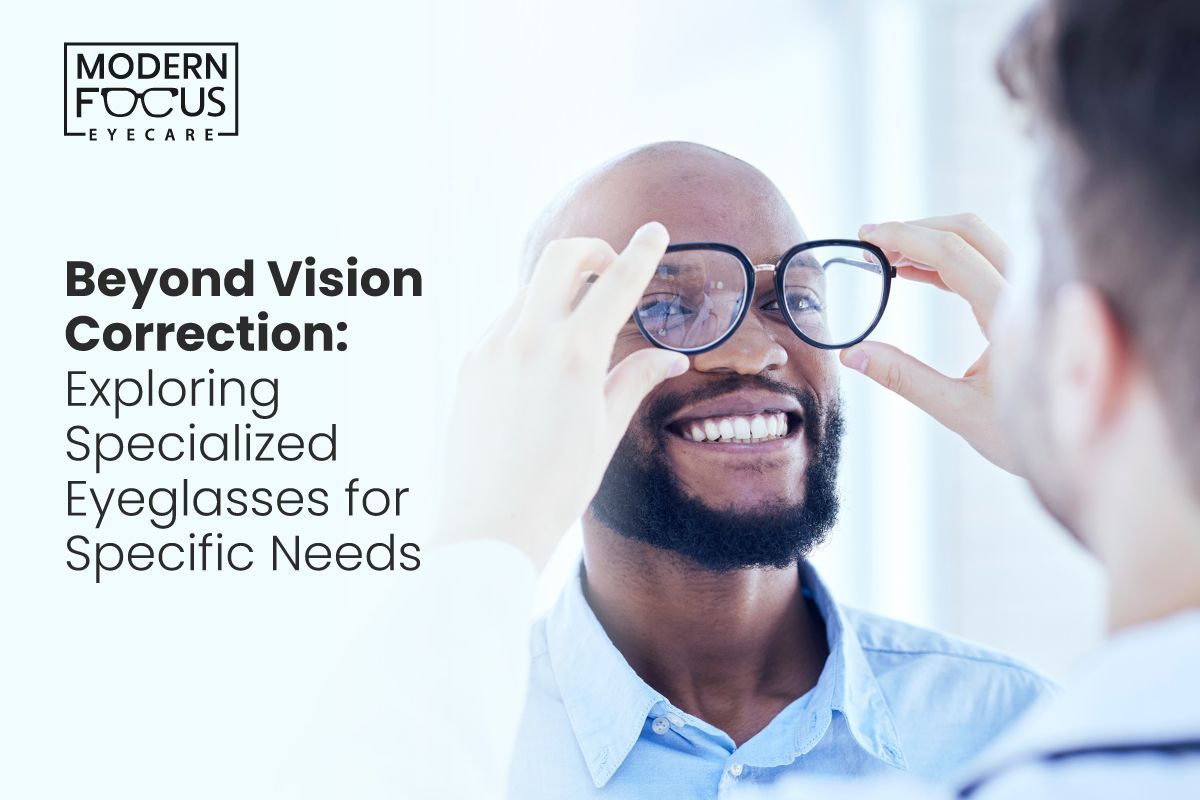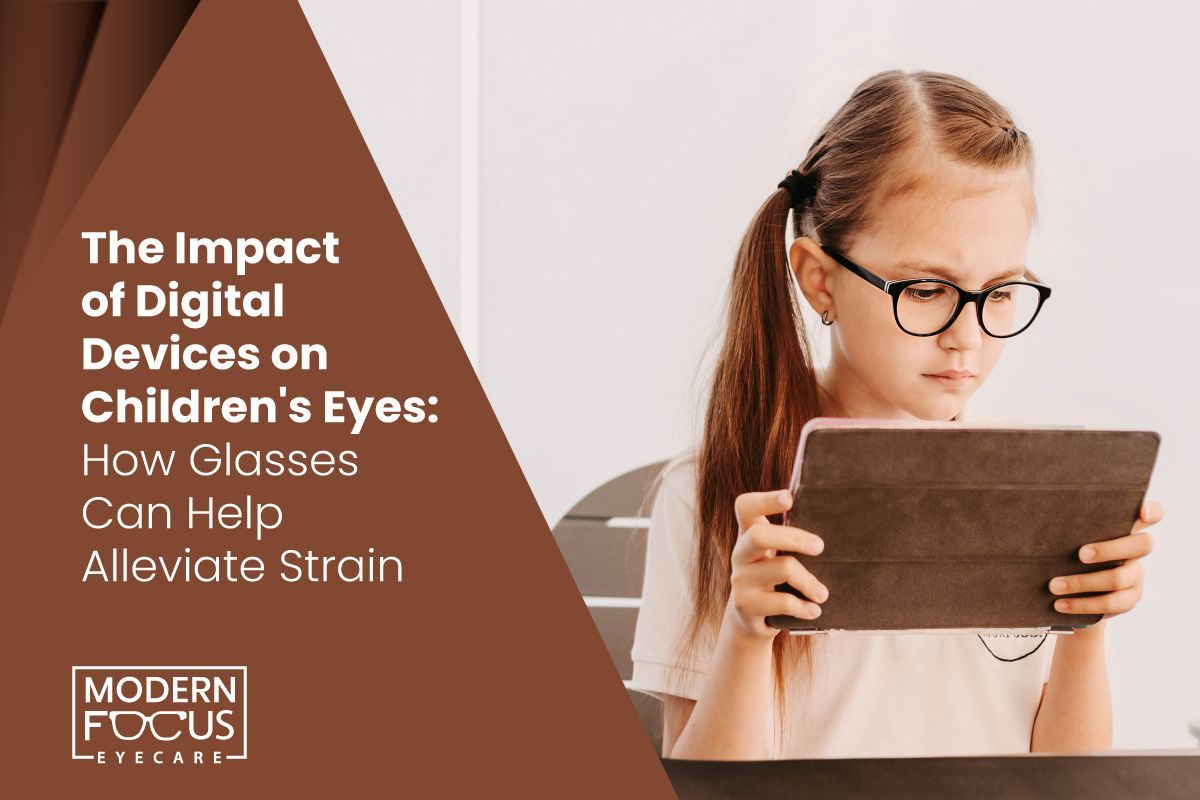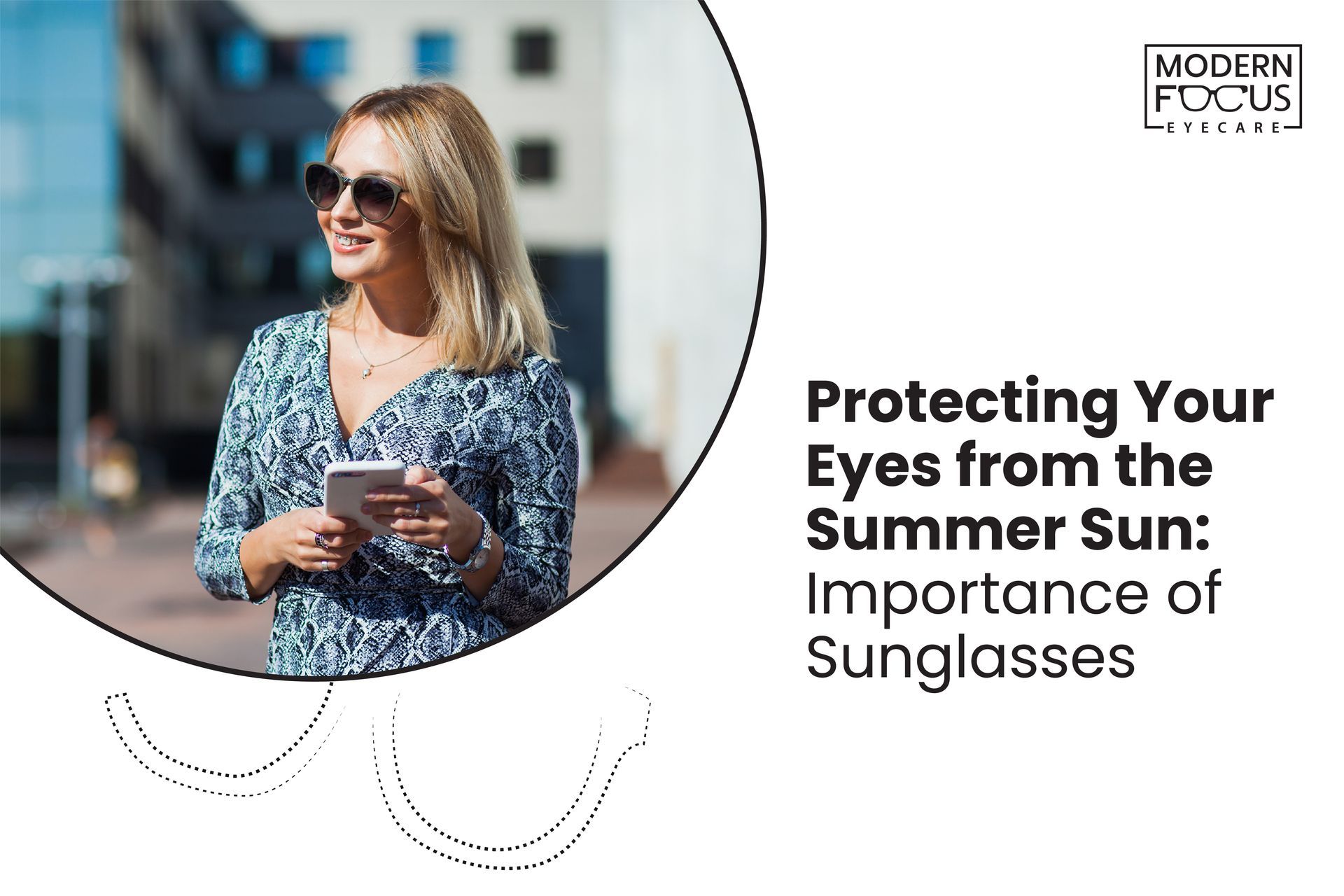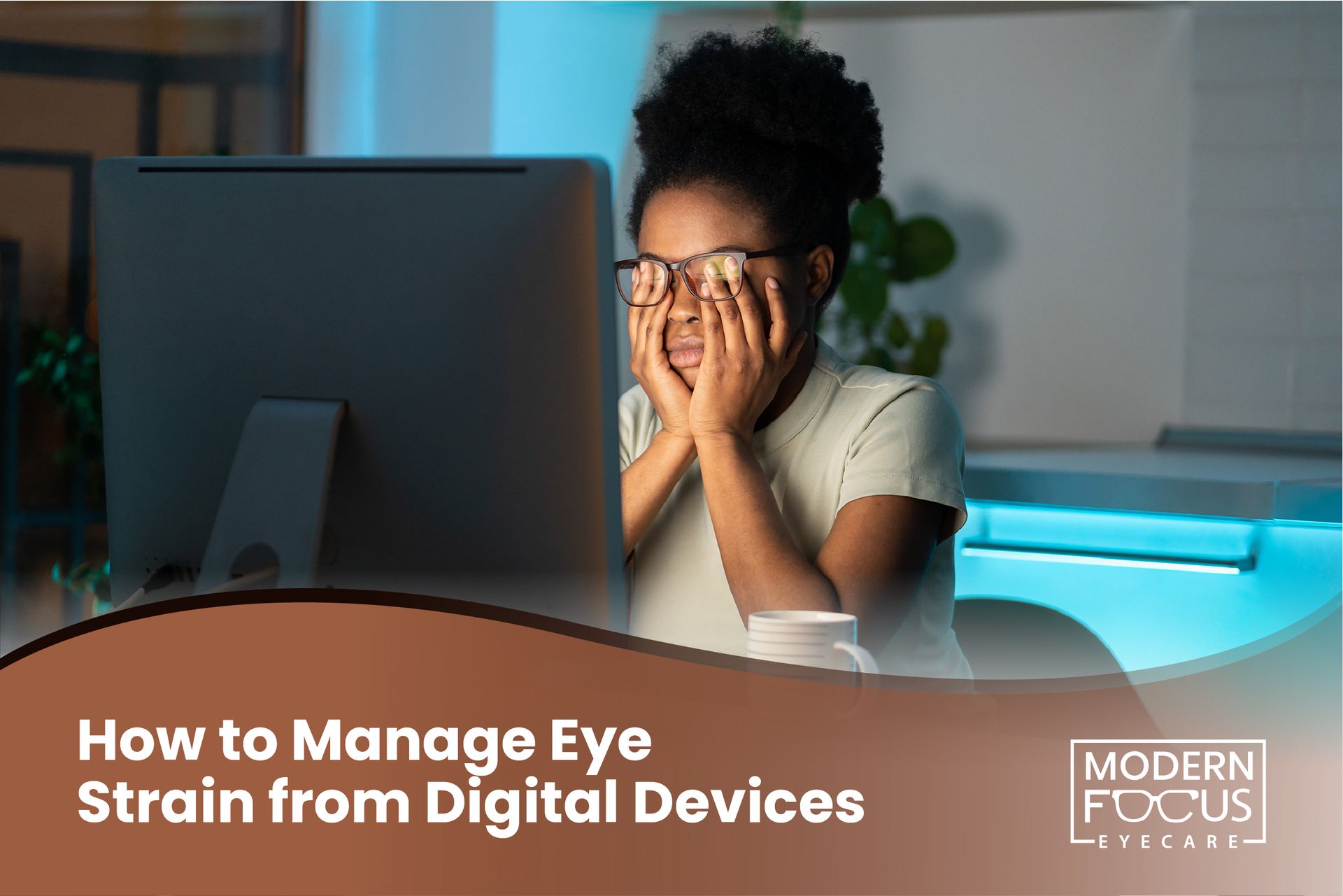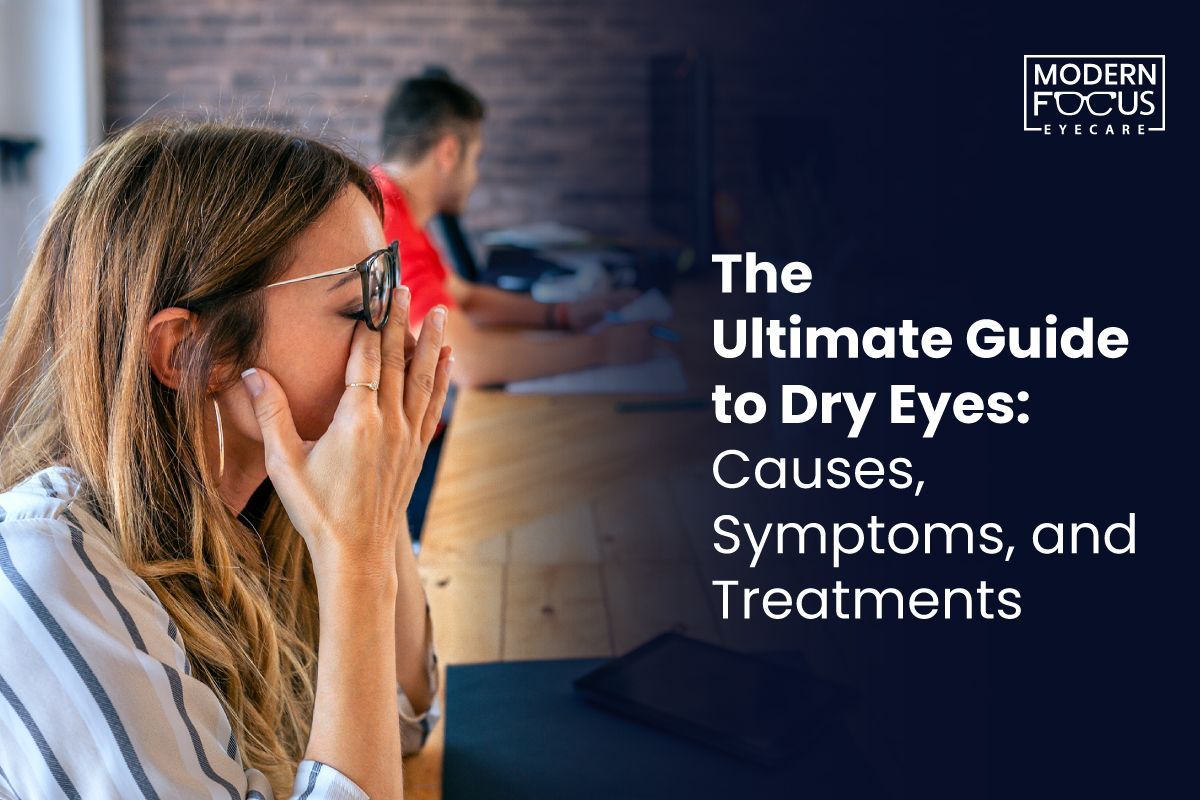Contact Lenses vs. Glasses: Which is Right for You?
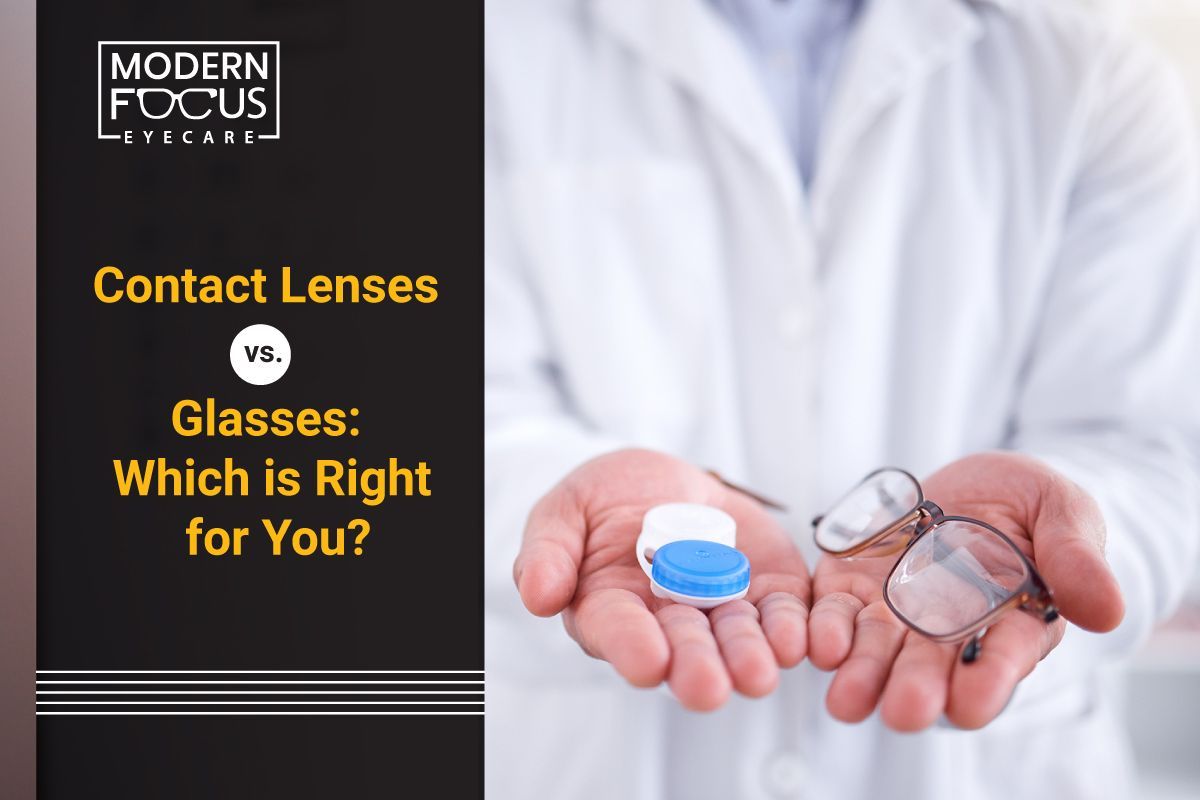
Contacts vs Glasses: Which One is For You?
Contact lenses and glasses are two of the most common options that eye doctors typically recommend to help improve vision correction. If you’re looking to purchase either of these options, how do you know which works best for you? Before buying, let's get to know contact lenses and eyeglasses better, so you can arrive at a clear and informed decision.
We'll uncover everything there is to know about your options to improve your vision correction needs. Let's jump in!
What Are Contact Lenses?
Contact lenses are thin, curved lenses placed directly on the eye's surface. They consist of a soft, flexible material that conforms to the shape of your eye.
The two common types of contact lenses are:
Soft Contact Lenses (SCL)
Soft contact lenses consist of flexible plastic materials that enable oxygen to reach the cornea – the transparent and pigmented portion of the eye. They are easier to adjust and provide more comfort than hard or rigid gas-permeable contact lenses. Soft lenses are the most common material used to manufacture contacts. If your eyes get easily irritated, the soft lens material of this type of lens perfectly suits your needs.
What Are the Pros of Soft Contact Lenses?
Soft lenses provide comfort and vision improvement in many ways. If you choose soft lenses, you can enjoy benefits like:
- A Natural Look: Contact lenses look natural as they sit directly on the eye, unlike glasses on the nose.
- A Wider Field of View: Contact lenses offer a wider field of view than glasses since they move with your eye.
- Better Performance for an Active Lifestyle: Contact lenses are better suited for active lifestyles as they don't get in the way during physical activities.
Rigid Gas Permeable (RGP) Lenses
Rigid gas permeable (RGP) contact lenses are known for their sturdiness and resistance to the buildup of eye-produced deposits on the lens surface. Additionally, they are less expensive in the long run as they have a longer lifespan. RGP lenses are also easier to handle and less prone to tearing.
What Are the Pros of Rigid Gas Permeable Lenses (RGP)?
Rigid gas permeable lenses have a slight advantage over regular contact lenses that many individuals can attest to. Choosing RGP lenses will let you have the following:
- Crisper or Clearer Vision: RGP lenses do not quickly dry or fluctuate in shape, providing a better way to improve your vision.
- Less Deposit Build-Up: The smooth surface of RGP lenses minimizes water absorption, reducing deposit build-up effectively.
- Optimized Durability: One of the best benefits RGP lenses can offer is their durability. These lenses can last longer than regular lenses with minimal maintenance requirements.
Are Contacts Worth It?
If soft contact or RGP lenses are ideal for your vision correction needs and outweigh the benefits of glasses, we encourage you to buy a pair. Talk to your eye doctor before buying. Read more about contact lenses pros and cons here.
What Are Eyeglasses?
Eyeglasses are lenses mounted in a frame and placed on the nose. They come in various styles and shapes and provide vision correction for many eye conditions. Glasses are generally a low-maintenance option for vision correction, as they do not require cleaning or upkeep, and can protect the eyes from the sun, wind, and dust.
The traditional types of eyeglasses are:
Bifocals
Individuals who experience difficulty seeing objects up close and far away may require corrective lenses to assist with both situations. Bifocal lenses address this issue. It features distinct sections that correct nearsightedness and farsightedness.
Trifocals
Unlike traditional bifocals, trifocals have additional lens power to correct intermediate distances, such as the distance between your eyes and a computer while working. Both bifocals and trifocals have a visible line in the lens that separates each field of vision.
Progressive Lenses (Progressives)
With advancements in eye lens development came a new type of lens called progressive lenses. These lenses can replace bifocals and trifocals and correct vision without the visible lines between each section.
Single Vision
These lenses correct either nearsightedness or farsightedness, allowing for a wider field of vision than bifocals and trifocals.
What Are the Pros of Eyeglasses?
Generally, the different types of eyeglasses provide many benefits based on your individual needs. Each type serves its purpose well. Your eye doctor can explain the advantages before recommending the right style.
- Easy to Use: You can use eyeglasses from the get-go. All you have to do is pick them up and wear them. What's more, they require less cleaning or maintenance.
- Protection from the Elements: Glasses protect from the sun, wind, and dust.
- Cost-Effective: Glasses are usually less expensive than contact lenses.
Are Contacts Better Than Glasses?
Choosing between contact lenses and glasses depends on your lifestyle, budget, and personal preferences. Both options have advantages over the other, and considering these factors before deciding what to buy is crucial. If you're still unsure, speak to your eye doctors or optometrists at Modern Focus to help you decide. Modern Focus offers eye care services, including contact lens fittings and eyeglass prescriptions.
FAQs
Q: How do I know whether contact lenses or eyeglasses suit me?
A: Choosing between contact lenses and glasses depends on your lifestyle, budget, and personal preferences. Consider these factors carefully before deciding. You can also consult your eye doctor or optometrist to help you make an informed decision.
Q: Do I need a prescription for both contact lenses and eyeglasses?
A: Yes, having a prescription for contact lenses and eyeglasses would be best. Eye doctors and optometrists perform eye exams to determine the right prescription for your vision correction needs.
Q: How often should I replace my eyeglasses or contact lenses?
A: Contact lenses and eyeglasses have different replacement schedules. Soft contact lenses should be replaced every two weeks to a month, while RGP lenses can last up to a year or more. Replace eyeglasses or contacts when the prescription changes.
Q: Can I use both contact lenses and eyeglasses?
A: You can use contact lenses and eyeglasses depending on your needs. Some individuals wear contact lenses for special occasions or sports activities and eyeglasses for everyday use.
Need Help With Contacts or Glasses? We Got You Covered!
If you're searching online for "Are contacts cheaper than glasses and contact lenses vs. glasses," you're on the right track.
Modern Focus Eyecare offers ultra-modern and high-quality contacts and glasses. We have a wide variety of options, perfect for your individual needs. Let our eye care specialists help you select the right contact lenses or eyeglasses and experience improved vision quality.
Request an appointment that suits your schedule here!
If you have any questions, schedule an appointment
With Our Eye Doctor or Call Us At (972) 617-8000
Modern Focus is your one-stop Eyecare Center in Texas. We have a team of highly-experienced optometrists to examine, diagnose, treat, and manage diseases, injuries.
Useful Links
Our Eye Services
Copyright © 2021 Modern Focus. All rights reserved.

